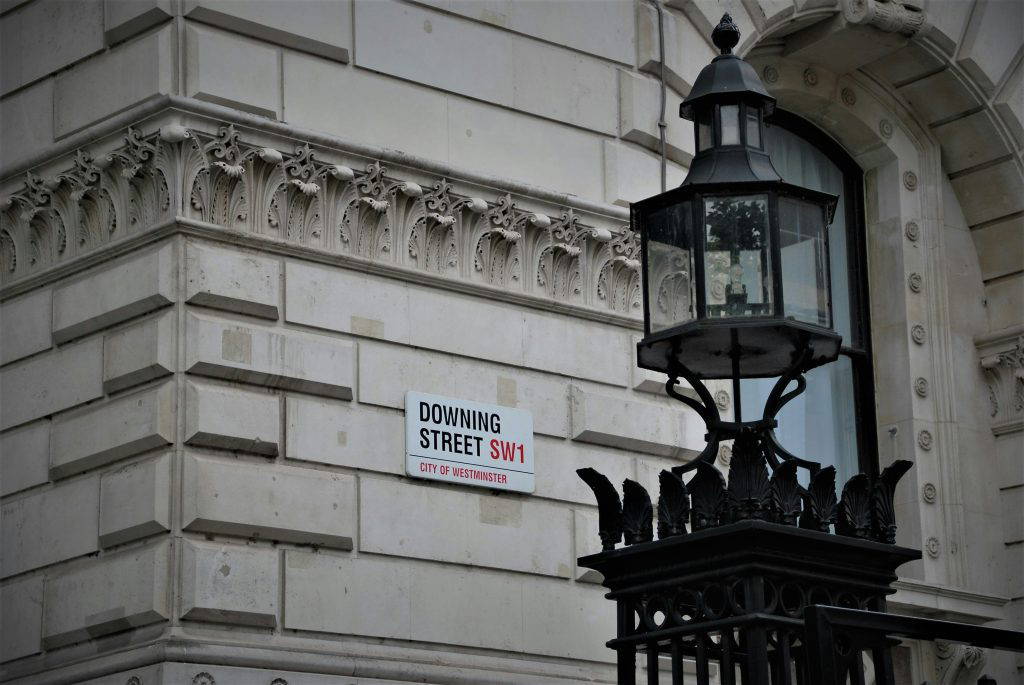‘PR’ and ‘crisis’ are one of those inseparable duos, like ‘bread and butter’ or ‘fish and chips.’ A PR crisis is a situation that threatens the reputation or public image of a business or organisation, often requiring immediate attention and strategic communication to mitigate damage.
Let’s face it, whether you keep up to date from traditional news sources or modern platforms like social media, encountering a PR crisis is a daily inevitability. Most recently, the Conservative Party faced PR challenges around the defection of MP Lee Anderson to Reform UK and allegations of racist comments by donor Frank Hester. Their response to these crises has drawn both criticism and defence from political commentators and the public. But almost any organisation has to deal with a crisis affecting its reputation from time to time. The key is to recognise that and make preparations for it in advance.
These crises arise from various sources, and in the digital age, are just as likely to originate from a misjudged tweet as they are from a sudden and unexpected service failure. The way a business or organisation handles a PR crisis can significantly affect its reputation and bottom line, making effective crisis management a critical skill for any organisation.
Studies have shown that a well-managed crisis response can not only minimise damage but also provide opportunities for growth and increased trust among stakeholders. On the other hand, mishandling a crisis can lead to long-lasting negative consequences, such as decreased customer loyalty, loss of revenue, and even legal impacts. Therefore, it is essential for businesses and organisations to have a solid understanding of PR crisis management strategies and to be prepared to implement them at a moment’s notice.
So, what are the essential steps and considerations to manage a PR crisis effectively, and how do you ensure your organisation can withstand and recover from unexpected challenges?”
What steps should crisis management involve?
Crisis management is the process by which an organisation deals with a disruptive and unexpected event that threatens to harm it. There are 4 key elements to consider:
- Pre-crisis planning;
- Immediate response;
- Ongoing management and communication; and
- Post-crisis analysis.
Pre-crisis planning
The first line of defence in effective crisis management is thorough pre-crisis planning. This involves identifying potential crises that could affect your organisation and developing a comprehensive crisis communication plan.
Key elements of pre-crisis planning include:
- Crisis identification: Assess potential vulnerabilities within your organisation, including operational, financial, legal, and reputational risks;
- Stakeholder mapping: Identify key stakeholders, such as employees, customers, investors, and media, and understand their expectations and concerns;
- Communication plan: Develop a clear communication strategy that outlines the channels, messages, and spokespersons for different types of crises;
Pre-crisis planning enables an organisation to respond more rapidly and effectively when a crisis occurs, reducing the potential for harm.
Immediate response
When a crisis strikes, your immediate response is essential. The first few hours are often decisive in framing the narrative and setting the tone for how the crisis will be perceived.
Key steps in an immediate response include:
- Rapid assessment: Quickly gather all pertinent facts about the crisis to understand its scope and impact;
- Activation of the crisis management team: Bring together your crisis management team to coordinate the response efforts; and
- Transparent and timely communication: Communicate early and honestly with all stakeholders, acknowledging the crisis and outlining steps being taken to address it.
The goal is to establish control over the situation and prevent the spread of misinformation, which can exacerbate the crisis.
Ongoing management and communication
After the initial response, ongoing management and communication are essential to resolve the crisis and begin the recovery process. This phase includes:
- Continuous monitoring: Keep a close eye on developments, media coverage, and public sentiment to adapt your strategy as needed;
- Regular updates: Provide regular updates to stakeholders, even if there is no new information, to maintain transparency and trust; and
- Engagement with affected parties: Engage directly with those most affected by the crisis, offering support, solutions, and apologies where appropriate.
Effective ongoing management helps to mitigate the damage, begin repairing relationships, and start the process of rebuilding trust.
Post-crisis analysis
Once the immediate crisis has subsided, it’s crucial to conduct a post-crisis analysis. This analysis should:
- Evaluate the response: Assess how well the crisis was managed, including the effectiveness of communication efforts and the actions taken to resolve the crisis;
- Identify lessons learned: Determine what could have been done differently and what lessons can be applied to improve future crisis management efforts; and
- Implement changes: Based on the analysis, make necessary adjustments to crisis management plans and operational procedures to better prepare for future crises.
The post-crisis analysis is an opportunity for growth, ensuring your organisation is stronger and more resilient in the face of future challenges.
Using digital platforms
Social media and online platforms are pivotal in crisis management as a method of quick, direct communication with a (potentially) huge audience. However, they present challenges, as misinformation can spread rapidly. Here’s how to use digital platforms effectively:
- Active monitoring: Keep an eye on all digital channels for real-time feedback and sentiment analysis, allowing you to address concerns and misinformation promptly;
- Consistent messaging: Ensure your message is consistent across all platforms, including social media, your organisation’s website, and press releases. Consistency helps maintain trust and clarity; and
- Engage rather than confront: Use digital platforms to engage with your audience in a constructive manner. Avoid confrontational or defensive responses, which can make the situation worse.
Having a clear understanding of the above can help you get a hold on any PR crisis that should affect your business.
Worried about a PR crisis? PA Cooperative is here to help
At PA Cooperative, we have years of experience dealing with PR crises. Our team of experienced professionals can provide strategic guidance and support through every stage of a crisis, ensuring your organisation emerges with minimal damage.
We focus on effective communication and a tailored approach to protect and enhance your business reputation.
Contact us today to find out more about how we can help your organisation with its PR problems






